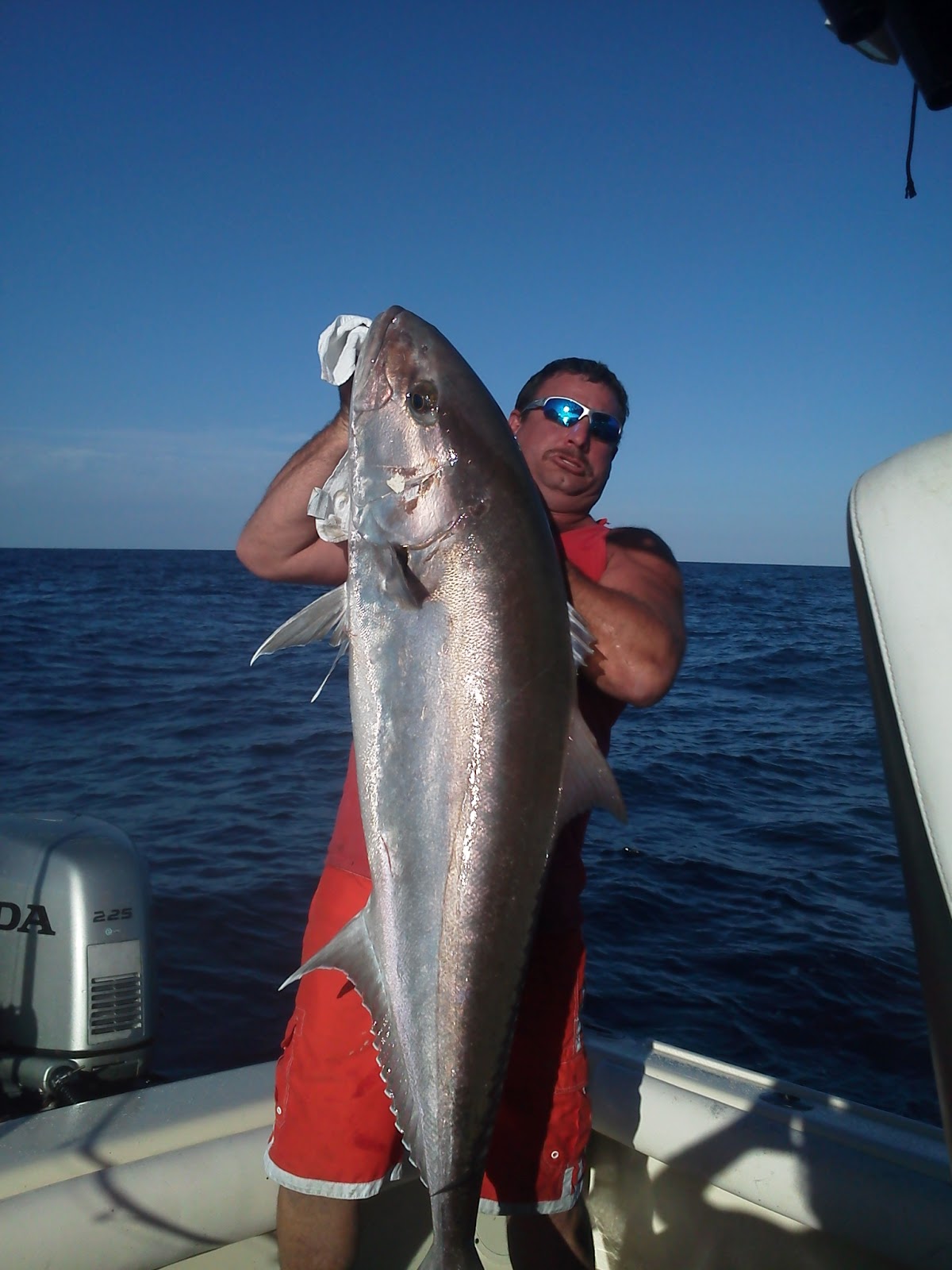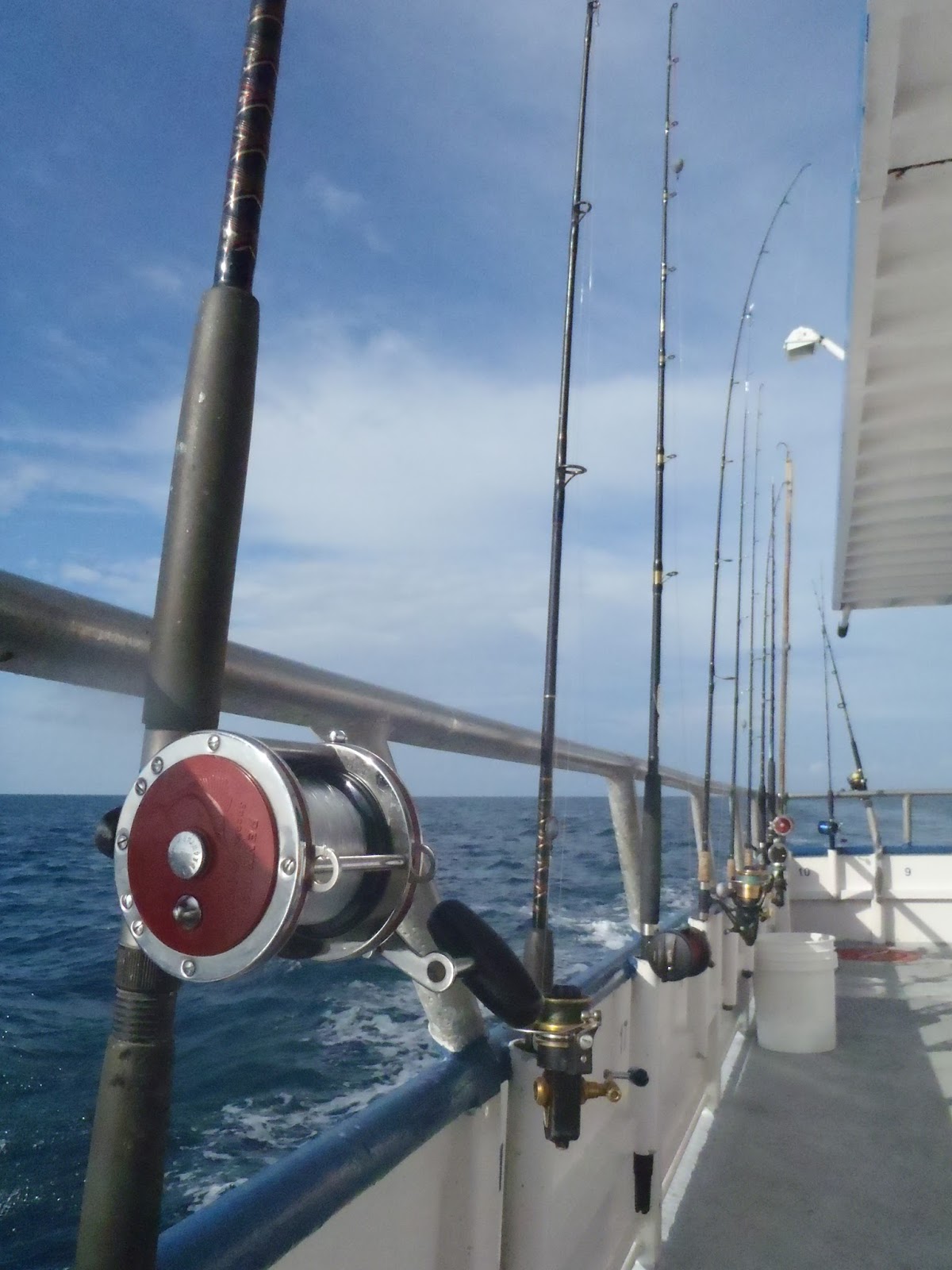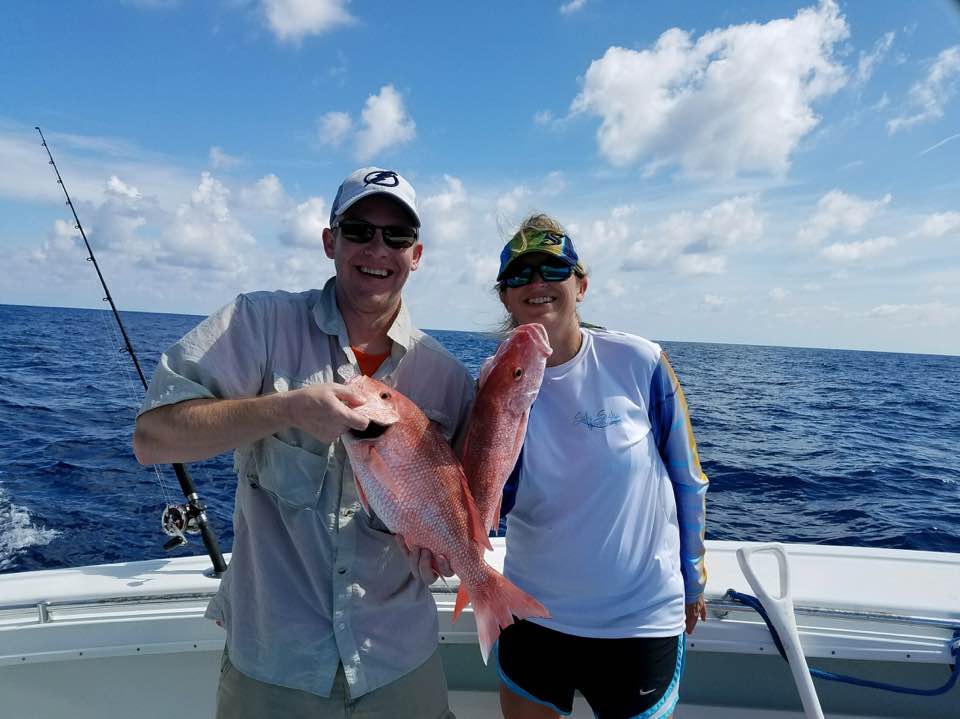The Gulf of Mexico Fishery
Management Council meets next week at the Marriott Plaza in San Antonio. You’re
welcome to join us in person or watch a live broadcast of the meeting.
Management Council meets next week at the Marriott Plaza in San Antonio. You’re
welcome to join us in person or watch a live broadcast of the meeting.
Public testimony will be
held on Wednesday, August 9 from 1:30 to 5:30 p.m. local time. If you can’t
come to submit comment in person, visit our “Amendments Under Development” page
to comment on, and learn about, different issues being considered.
held on Wednesday, August 9 from 1:30 to 5:30 p.m. local time. If you can’t
come to submit comment in person, visit our “Amendments Under Development” page
to comment on, and learn about, different issues being considered.
The meeting agenda and
materials will help you prepare for the meeting and decide when to listen in.
The following is a quick summary of topics the Council plans to address:
materials will help you prepare for the meeting and decide when to listen in.
The following is a quick summary of topics the Council plans to address:
Greater Amberjack Framework Action
 |
| Photo: Paul Borowski |
The most recent greater
amberjack stock assessment (SEDAR 33) indicated that amberjack continues to be
overfished and experiencing overfishing. The stock has been considered to be
overfished and experiencing overfishing since 1998 despite numerous rebuilding
plans that aimed to constrain harvest and allow the stock to rebound to a
healthy level. As a result of the most recent assessment, the Council’s
Scientific and Statistical Committee provided new Acceptable Biological Catch
levels for 2018-2020. The Council plans to take final action on a Framework
Action that considers modifying the rebuilding timeline, annual catch limits
and targets, and recreational season for greater amberjack.
amberjack stock assessment (SEDAR 33) indicated that amberjack continues to be
overfished and experiencing overfishing. The stock has been considered to be
overfished and experiencing overfishing since 1998 despite numerous rebuilding
plans that aimed to constrain harvest and allow the stock to rebound to a
healthy level. As a result of the most recent assessment, the Council’s
Scientific and Statistical Committee provided new Acceptable Biological Catch
levels for 2018-2020. The Council plans to take final action on a Framework
Action that considers modifying the rebuilding timeline, annual catch limits
and targets, and recreational season for greater amberjack.
Click here to submit comment
Reef Fish Management for Headboat Survey Vessels
 The Council will discuss the criteria that
The Council will discuss the criteria thatparticipants must meet in order to vote in the referendum to determine if
Amendment 42 will be accepted. Amendment 42 considers creating an allocation-based
program to manage reef fish harvest on headboat survey vessels.
Click here to submit comments
Allocation-Based Management for Federally Permitted Charter
Vessels
Vessels
The Council will review a revised draft of Reef
Fish Amendment 41 which considers establishing an allocation based program to
manage reef fish for federally permitted charter vessels. The Council plans to
discuss the criteria that participants must meet to vote in the referendum to
determine if the Amendment will be accepted.
Fish Amendment 41 which considers establishing an allocation based program to
manage reef fish for federally permitted charter vessels. The Council plans to
discuss the criteria that participants must meet to vote in the referendum to
determine if the Amendment will be accepted.
Click here to submit comments
Modifications to Federal For-Hire and Private Angler
Red Snapper Annual Catch Targets
Red Snapper Annual Catch Targets
 |
| Photo: Dr. Carrie Simmons |
The Council will review a
draft framework action that considers changing the buffers between the red
snapper annual catch limits and annual catch targets for federal for-hire and
private angler components of the recreational sector. The annual catch targets
were put in place in 2014 and the council would like to achieve more accurate
and fair annual catch targets to ensure the greatest level of harvest without
exceeding the component annual catch limits.
draft framework action that considers changing the buffers between the red
snapper annual catch limits and annual catch targets for federal for-hire and
private angler components of the recreational sector. The annual catch targets
were put in place in 2014 and the council would like to achieve more accurate
and fair annual catch targets to ensure the greatest level of harvest without
exceeding the component annual catch limits.
State Management of Recreational Red Snapper
The Council will take a first look at draft documents that consider allowing Louisiana, Mississippi, and Alabama to manage their harvest of recreational red snapper out to 200 nautical miles.
Modifications to Commercial IFQ Programs
The Council will review a
draft of Reef Fish Amendment 36B which considers modifying red snapper and
grouper/tilefish IFQ program participation, distribution of shares from
non-activated accounts, restrictions on share and allocation transfers, and
allocation caps.
draft of Reef Fish Amendment 36B which considers modifying red snapper and
grouper/tilefish IFQ program participation, distribution of shares from
non-activated accounts, restrictions on share and allocation transfers, and
allocation caps.
Click here to submit comment

Status Determination Criteria and Optimum Yield for
Reef Fish Stocks
Reef Fish Stocks
The Council will hear a
presentation and review an Options Paper on an amendment that aims to define and
in some cases, modify existing biological reference points. In order to comply
with the Magnuson-Stevens Act and National Standard 1 Guidelines, the Council
must set maximum sustainable yield (MSY) proxies, minimum stock size thresholds
(MSST), maximum fishing mortality thresholds (MFMT), and optimum yield levels
for managed stocks.
presentation and review an Options Paper on an amendment that aims to define and
in some cases, modify existing biological reference points. In order to comply
with the Magnuson-Stevens Act and National Standard 1 Guidelines, the Council
must set maximum sustainable yield (MSY) proxies, minimum stock size thresholds
(MSST), maximum fishing mortality thresholds (MFMT), and optimum yield levels
for managed stocks.
Grouper/Tilefish Individual Fishing Quota Program
Review
Review
Staff with present the
Council with an update on the 5-year review of the commercial Grouper/Tilefish
Individual Fishing Quota Program which was implemented in 2010.
Council with an update on the 5-year review of the commercial Grouper/Tilefish
Individual Fishing Quota Program which was implemented in 2010.
Review of For-Hire Permit Moratorium and Transfers
Staff will present the
Council with a 10-year review of the for-hire permit moratorium. Additionally,
the Council will hear information on the frequency and prevalence of For-Hire
Reef Fish permit transfers.
Council with a 10-year review of the for-hire permit moratorium. Additionally,
the Council will hear information on the frequency and prevalence of For-Hire
Reef Fish permit transfers.
As always, don’t hesitate to contact us at [email protected] if you have any questions.

